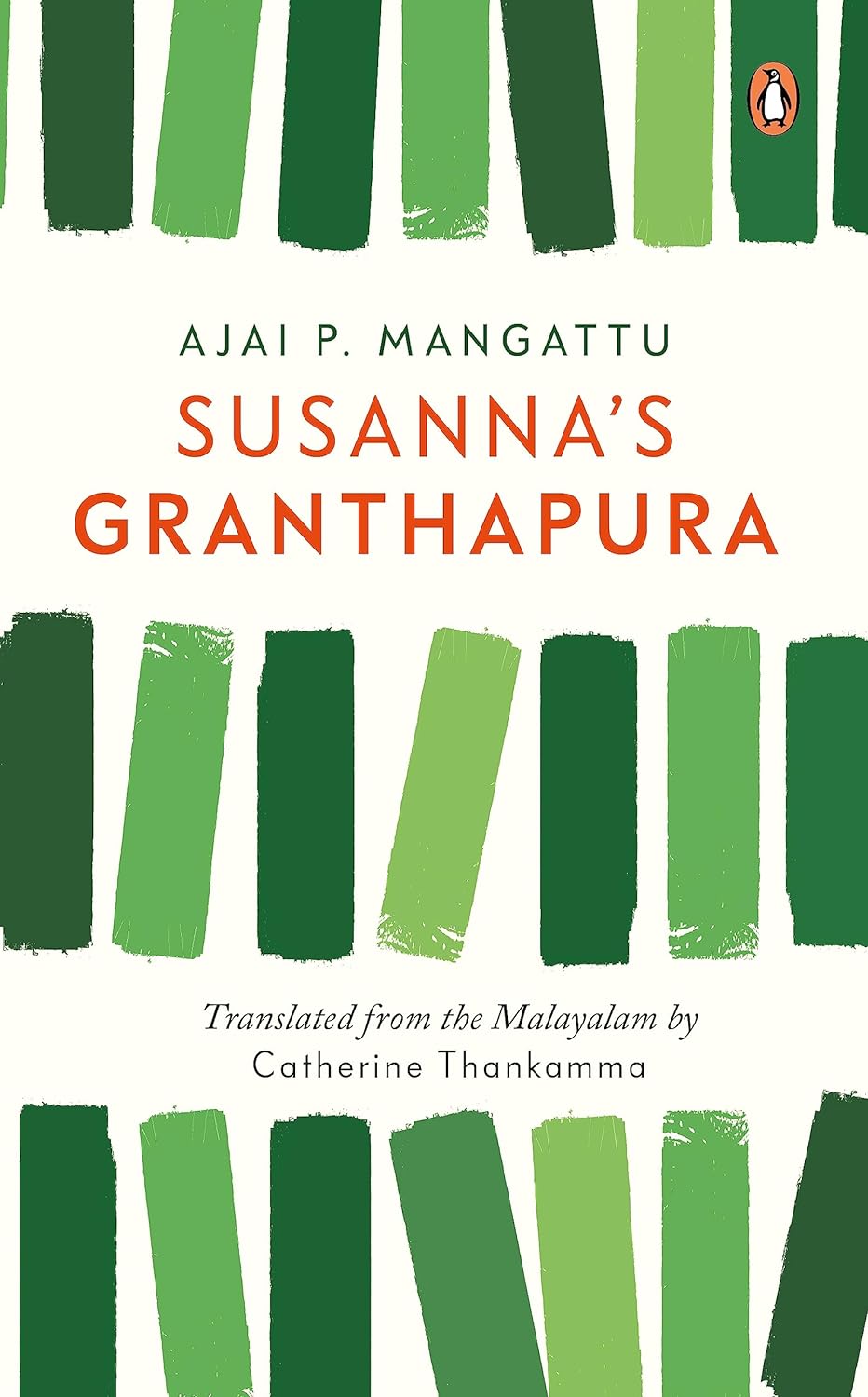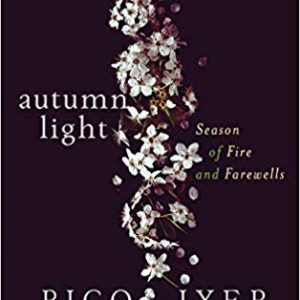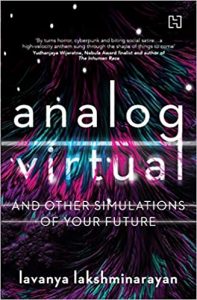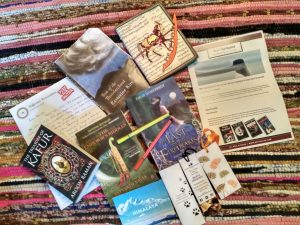‘Susanna’s Granthapura’ is the first-ever English translation of the Malayalam novel ‘Susannayude Grandhappura’ by Ajai Mangattu (Penguin). It has been translated by Catherine Thankamma.

With a narrative that moves back and forth in time, this is a coming-of-age novel where books, literature and the literary life assume center space. Paul, the reticent son of Susanna wants to meet Ali, the narrator after his mother’s death. This message takes Ali down the memory lane, when he and his friend Abhi met Suzanna for the first time, when they travelled to her house in search of a lost manuscript.
The story has several references to literary works, authors, their lives, and their musings on life and literature, and the reader comes across a rich tapestry of Malayalam, English, Russian, Persian and European works that seem to be home within the narrative.
Recently, I have been quite drawn to English translations of books originally written in regional languages. Susanna’s Granthpura by Ajai P Mangattu seemed quite appealing, because it is a book that has at the centre the theme of a love for books and the reading experience. It is this love for reading perhaps that makes the reader complicit in the story as a narrative moves back and forth in time.
“Why do stories fascinate us, draw us towards them like a magnet? Why do certain people succumb to the attraction totally, find themselves incapable of doing anything else”? asks Susanna in her very brief appearance in the novel, and somewhere the book addresses this question.
This novel is about life stories, as we move back and forth through the journeys of the characters, but it is also clearly a book about books and the profound impact that literature can have in the lives of people who choose it. The author does not stick only to references of Malayali, writing, books and authors that find mention and deliberation in this novel include Elena Ferrante Emily Dickinson, Kafka, Arthur Conan Doyle, and a host of literary giants, such as Chestertown, Robert Burton, and the list goes on.
Vignettes from the lives of other authors find way into the story. For me, the tale of the two years of prolific writing by Flaubert during the period when Madame Bovary was written was one such fascinating story. Many other little stories of authors lives jostle with lives of the characters in the novel. At times, when one reads the book, it is also a journey into the life of another writer, living at another time. A short chapter, devoted to a slice of life, chosen carefully and serve for the reader to read.
And as a coming-of-age novel, there are snippets of trauma and challenges that the characters face-little instances that may appear in small sidebars in the news, but events that mark something significant for the players in the story. The power of books shines to win all glory. The characters in their own way find solace in ideas and thoughts and books. Little village libraries are powerful tools here.
Anatomy of Melancholy by Robert Burton is a book intricately interwoven into the theme of the story. Indeed, there is an existential melancholy which also pervades the book. “A trace of melancholy exists in each one of us. If it is allowed to take over one’s mind, a person becomes a stranger to himself, which can be terrifying”, says the narrator, cementing the role that melancholy has in the story.
Each character in this novel finds a sort of redemption in books. Lakshmi, a village girl takes uses poetry to drive away the melancholy set in due to a physical handicap. Literature becomes therapy, authors play the role of therapists.
It seems that ‘Susanna’s Granthapura’ probably came to me at the right time. After 14 years of writing and reading, I finally started a career as a Counselling Psychologist. With this book, I felt as if there was a strong intersection of literature in psychology at the absolute right time in my life. Maybe the book has chosen me, maybe books know how to choose the readers more than readers know how to choose their books.




